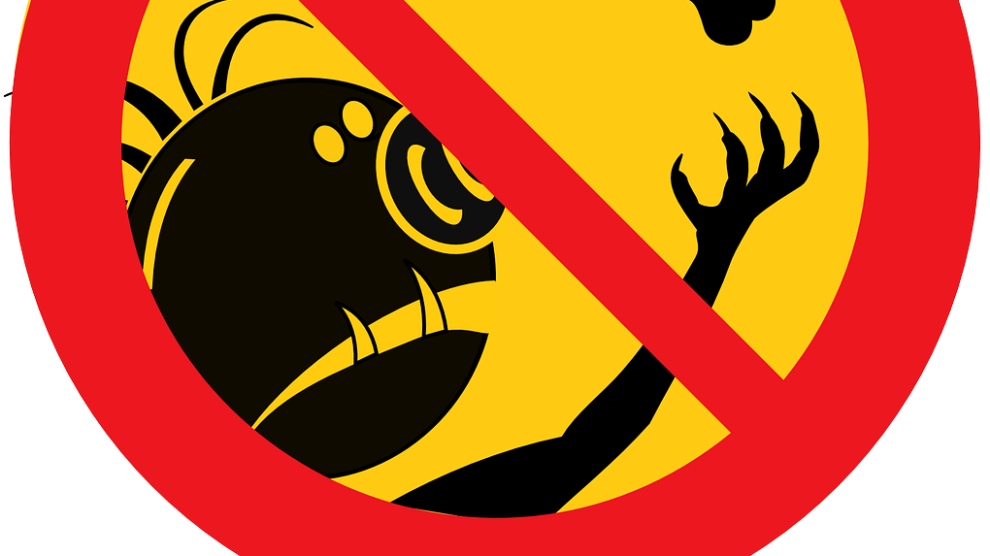If a brand isn’t on social media, it’s almost like it doesn’t exist. Today’s customers use social media to find out about new businesses, shop, get in touch with the contact center, share brand experiences, and more.
Additionally, social media advertising revenue in the US alone is projected to go over $50 billion by the end of 2021, meaning your business would have a lot to gain from jumping on the bandwagon.
However, there’s also a dark side to social media you’ll need to be prepared for – trolls and spammers.
Social media trolls can tarnish your brand reputation, harass your customers, and wreak havoc on your accounts. If you want to fight them, you’ll need to learn how to do it right without putting your business in jeopardy.
So, let’s see how you can spot and deal with social media trolls while improving the overall customer experience.
Signs You’re Dealing with a Troll/Spammer
Spotting social media trolls and scammers can often be easier said than done. After all, unlike bots, they are real people who simply want to wreak havoc, so they could behave like your typical angry customers.
So, before you start treating a commenter like a troll, you’d better make sure that’s what they are. You don’t want to approach unsatisfied customers like trolls – that will only add fuel to the fire and damage your reputation.
Some of the most common telltale signs that you’re dealing with a troll include:
- They act entitled;
- They exaggerate;
- They incite anger;
- They make things too personal;
- They’re unusually rude;
- They want to fight, not solve a problem.
Angry customers can be rude and exaggerate their complaints, but they’re usually looking for a resolution.
Once you apologize, own up to your mistakes, and offer solutions, they’ll usually tone down their comments. Trolls won’t.
Handling Social Media Trolls and Spammers
Once you’ve identified a social media troll/spammer, you can start dealing with them accordingly.
Create clear community guidelines
If you’ve been on social media for a while, you’ve likely noticed that many accounts, groups, and pages have their unique community guidelines that dictate how users should behave.
You should create clear, written community guidelines as well if you want to moderate your comments successfully.
State your expectations from the community, explain which behaviors are acceptable and which ones aren’t, and make it clear what you will do if someone breaks these community guidelines (e.g., ban or block them).
Once trolls start trying to stir things up, you can refer back to your community guidelines and remove the troll from your page if they take things too far.
Stay Respectful
Trolls and spammers have one goal – to make you angry and have you lash out. Unfortunately, doing this will ruin your brand image, feed the trolls, and harm the community that you’ve tried so hard to build.
So, always remember to stay calm and respectful, especially if you aren’t 100% certain that you’re dealing with a troll.
Take inspiration from your email template for customer complaints, for example. You’ll want to address the problem politely, even if it’s not your fault, and offer solutions—all without further angering your customer.
As mentioned, a dissatisfied customer will react positively to this, while a troll will simply keep trolling. That’s when you can ban them from your page with confidence.
Fight with humor
Using humor personifies your brand and allows you to better engage with prospects and loyal customers. However, you have to do it right.
As always, stay respectful, but don’t be afraid to use a bit of sarcasm or respond with a witty comment when you come across a troll.
Instead of ignoring them (which can often make them even more annoying), you’d acknowledge them and likely diffuse the whole situation.
Not to mention that your loyal customers will probably take your side and start trolling the troll themselves – just remember to moderate their comments as well and keep the conversation lighthearted.
Keep your cool and use facts!
Trolls will frequently target your weak points to lure you in and get you flustered. They’ll gather inspiration from real customer complaints and negative comments, then exaggerate them.
In this instance, blocking, banning, or trying to be funny can do more harm than good.
You’ll want to address the real problem behind the troll’s comments and rely on facts only. Don’t get emotional or start defending yourself and giving excuses.
Keep your cool and be very intentional in your response.
Answer any underlying questions with accurate facts about your product/service/customer satisfaction policy, and stay professional at all times.
Learn when to ignore them
In some instances, ignoring could be the best solution. After all, many trolls just want to get you engaged in any way they can. If you ignore them and stop feeding them, they’ll go away.
If they’re going into a rant about how much they dislike your brand without giving any actual reason for disliking it, there’s no reason to address them. If they’re just insulting you, there’s no reason to address them.
However, if they’re harassing your customers and spreading hate, it’s up to you as the community leader to put a stop to it.
Block them if things go out of hand
As the final straw, you can always block trolls and spammers and remove them from your page. Just make sure that they are, in fact, trolls and spammers.
An easy way to check this is by reaching out via direct message. Send them a private message from your help support and see how you can assist them.
If they respond to your message with a real concern or problem, they’re likely a real dissatisfied customer. If they ignore or keep trolling you privately, they’re most likely a spammer seeking attention.
In that case, refer back to your community guidelines and block them.
Final Thoughts
Dealing with trolls can be a nightmare if you don’t know what you’re doing. So, train your customer support agents, learn how to identify trolls, and take swift action against them.





